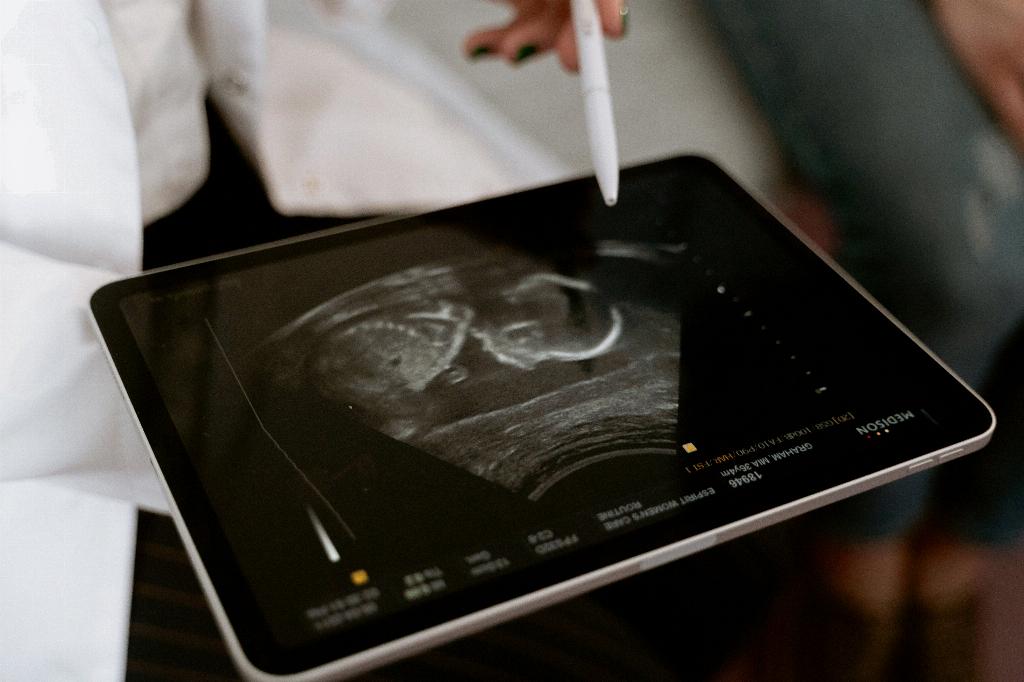One common concern for many expectant mothers is the occurrence of mild cramping in early pregnancy. According to Chad Klauser, M.D., Clinical Assistant Professor of Obstetrics and Gynecology at the Mount Sinai School of Medicine, it is normal to experience some light cramping during the first 16 weeks of pregnancy.
Understanding the Duration of Mild Cramping
For most women, mild cramping may occur on and off throughout the early stages of pregnancy. It is essential to remember that every woman’s experience is unique, and the duration of mild cramping can vary. While some may only experience it for a short period, others may have it for longer.
Factors Influencing the Duration
Several factors can influence how long mild cramping lasts in early pregnancy. The intensity and frequency of cramps may depend on individual differences in hormone levels, uterine stretching, and the body’s natural response to pregnancy.
Weeks 4-6: Implantation and Adjustments
During the early weeks of pregnancy, around weeks 4-6, the embryo implants itself into the uterine lining. This process can cause mild cramping as the body adjusts to the changes. Many women may experience cramps similar to menstrual cramps during this time.
Weeks 6-12: Uterine Growth and Ligament Stretching
As the pregnancy progresses, the uterus expands to accommodate the growing fetus. This growth can lead to mild cramping as the ligaments supporting the uterus stretch to provide room for the developing baby. Cramps during this period are typically mild and transient.
Weeks 12-16: Body Adaptation and Blood Flow Changes
Between weeks 12 and 16, the body continues to adapt to the pregnancy, causing changes in blood flow and circulation. Mild cramping during this stage may be due to increased blood volume and hormonal shifts that support the developing placenta.
Consulting Your Healthcare Provider
If you experience severe or persistent cramping, it is vital to consult your healthcare provider. While mild cramping is usually normal, any concerning symptoms should be addressed promptly to ensure the health and well-being of both the mother and baby.
Managing Mild Cramping
There are several ways to alleviate mild cramping during early pregnancy, such as practicing relaxation techniques, staying hydrated, and maintaining a balanced diet. Gentle exercise and adequate rest can also help reduce discomfort.
Monitoring Symptoms
It is essential to monitor any accompanying symptoms alongside mild cramping, such as spotting, fever, or severe pain. These indicators may signal underlying issues that require medical attention. Keeping track of your symptoms can assist your healthcare provider in evaluating your condition.
Support and Self-Care
During this delicate period, emotional support and self-care are crucial. Talking to loved ones, joining pregnancy support groups, and engaging in activities that promote physical and mental well-being can help alleviate stress and anxiety associated with mild cramping.
Final Thoughts
In conclusion, mild cramping in early pregnancy is a common occurrence that can last from the initial weeks up to around week 16. Understanding the factors influencing cramping, monitoring your symptoms, and seeking timely medical advice when needed are essential steps in ensuring a healthy and comfortable pregnancy journey.

